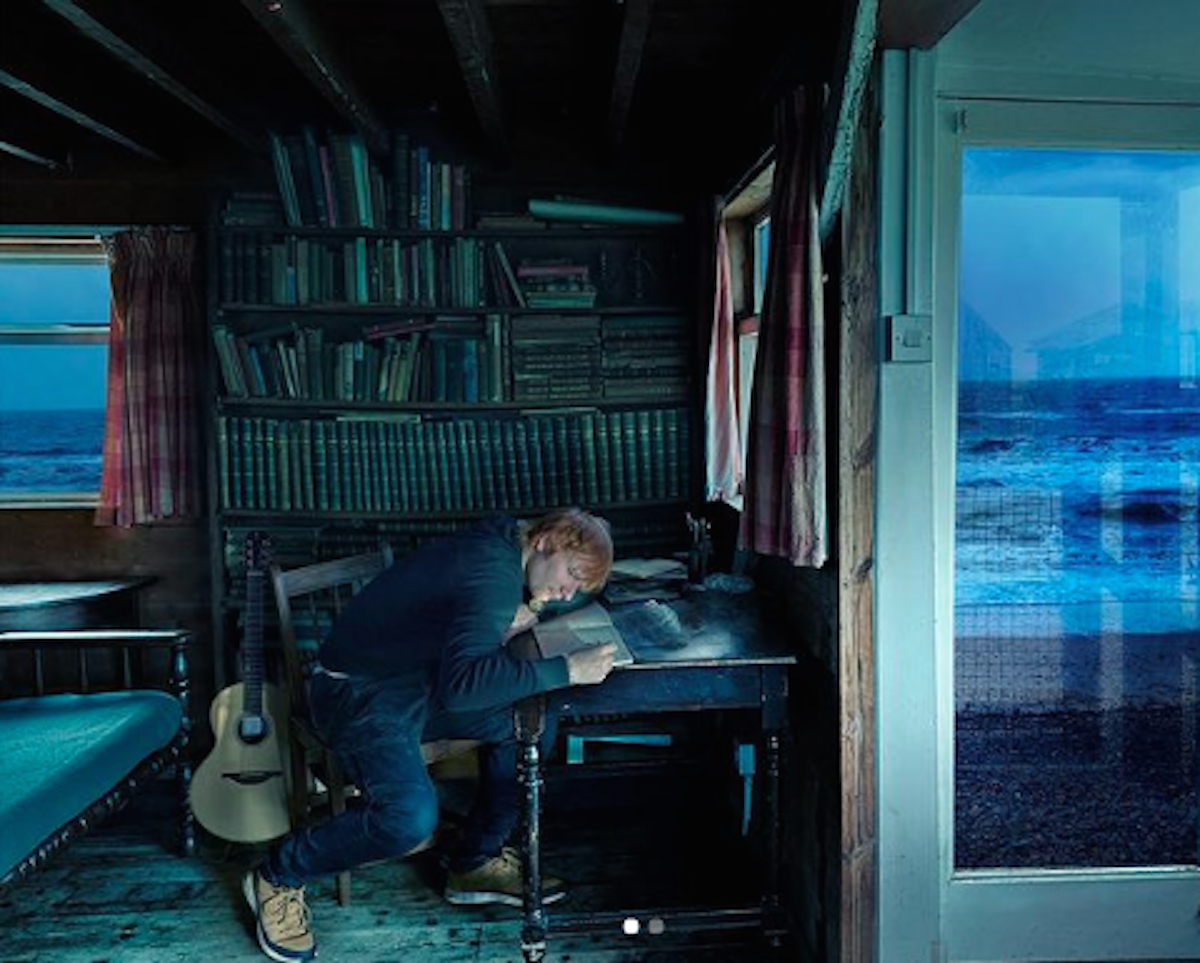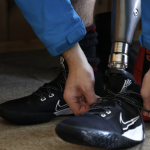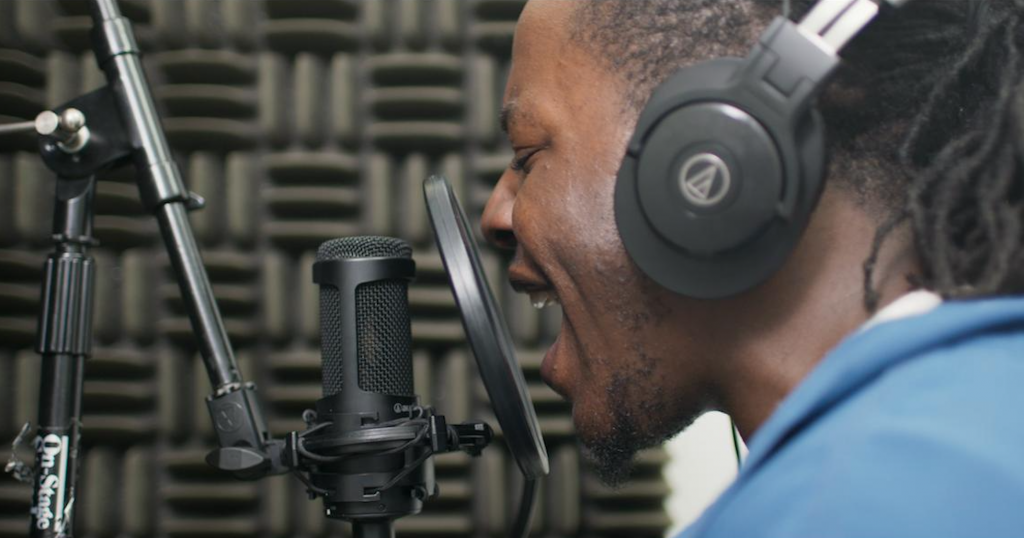Music Is Healing
- Pop star Ed Sheeran recently revealed his wife had a tumor while pregnant, saying that writing music helped him process his emotions during that time.
- Sheeran, whose new album "Subtract" is set to be released on May 5, is now getting back to work after his wife’s health scare and will play the music he called his “therapy.”
- The 32-year-old has been touring across countries like Australia and New Zealand before making his way to the U.K. and Europe later this month, and before his U.S. tour kicks off in April.
- Art therapy, like painting, dancing, and music creating it, and listening to it can help been shown to have a colossal impact on one’s emotional and mental health.
- Music has been shown in studies to improve heart and cardiovascular health, reduce depression, improve sleep, enhance memory, and aid in speech recovery.
The pop star, whose new album "Subtract" is set to be released on May 5, has been touring across countries like Australia and New Zealand before making his way to the U.K. and Europe later this month, and before his U.S. tour kicks off in April.
Read More
“Writing songs is my therapy. It helps me make sense of my feelings. I wrote without thought of what the songs would be, I just wrote whatever tumbled out. And in just over a week I replaced a decade's worth of work with my deepest darkest thoughts,” he continued.
Sheeran then went on to inform his fans about his wife, saying, “Within the space of a month, my pregnant wife got told she had a tumor, with no route to treatment until after the birth.”
No further details were mentioned about his wife’s tumor, but it’s important to note that the tumor could have been deemed malignant (cancerous) or benign (non-cancerous). Still, it’s clear that Sheeran leaned on his artform to process his emotions during his wife’s terrifying diagnosis.
The Importance of Family
Back in 2021, Sheeran announced he was putting a halt to some of his major 2022 tours to spend more time with his wife and daughter Lyra.
The Reality About Going Back To Work After Cancer
When asked by the Teach Me a Lesson podcast what he would tell his future self, the singer said, “I would hate to get to 20 years' time and have a relationship with my kids that had suffered because I'd chosen work over them,” according to the Independent.
"I think the pattern I see a lot in my sphere, is if I could go back it would be this: 'I would not miss this birthday and I would not go, yes I'll play another stadium,'” he continued. “I think it's about finding the balance with that and I honestly think that this next tour that I'm going on, at the end of the tour, I can't see myself going on one of them like that again."
Turning To Music After Cancer
Art therapy, like painting, dancing, and music creating it, and listening to it has been shown to have a colossal impact on one’s emotional and mental health.
"Just listening to music activates more brain regions simultaneously than any other human activity," Dr. Alexander Pantelyat, a neurologist at Johns Hopkins, previously told SurvivorNet.
Studying music's effects on the brain, he says, is both a "challenge and a promise," because there is so much to learn, but it is all positive.
According to Johns Hopkins Medicine, people can benefit from music as studies have shown that it reduces anxiety before surgery, allows patients to experience a smoother post-operative transition, and a better time dealing with chemotherapy side effects.
Music has also been shown in studies to improve heart and cardiovascular health, reduce depression, improve sleep, enhance memory, and aid in speech recovery.
“Many people are surprised to learn that they can sing familiar songs after a stroke, even if they are unable to produce fluid speech,” the Institute for Music and Neurological Function explains.
Singer-songwriter Bianca Muniz, who battled cancer twice, turned to music amid her experience with ovarian cancer at age 11 and breast cancer at 22 years old.
Luckily Muniz reacted to her diagnosis with optimism and perseverance, never letting her diagnosis get in the way of what’s most meaningful to her music.
My Friends Went Away After My Diagnosis; Thank God For Music
"This experience has had two different effects on my creativity and my music, so I've gotten a lot of inspiration from it," Bianca told SurvivorNet in an earlier interview. "But also the side effects of treatment, of chemo, and surgery have definitely had a little bit of a negative effect on my voice. Then again, I love performing. I always feel happy after I've performed."
Similarly, breast cancer survivor Marquina Iliev-Piselli discovered a unique way to utilize her love for music during chemotherapy treatments air guitar.
Related: How I Made It Through Cancer: Painting & Dreaming
"Without air guitar, my treatment would have been incredibly sad. Air guitar was the thing that brought me through,” Marquina said during an interview with SurvivorNet. “I recommend it highly. I air guitared in my chemo, and that saved my spirit. It makes it so that I don't look back on that time of fear."
Contributing: SurvivorNet Staff
Learn more about SurvivorNet's rigorous medical review process.




